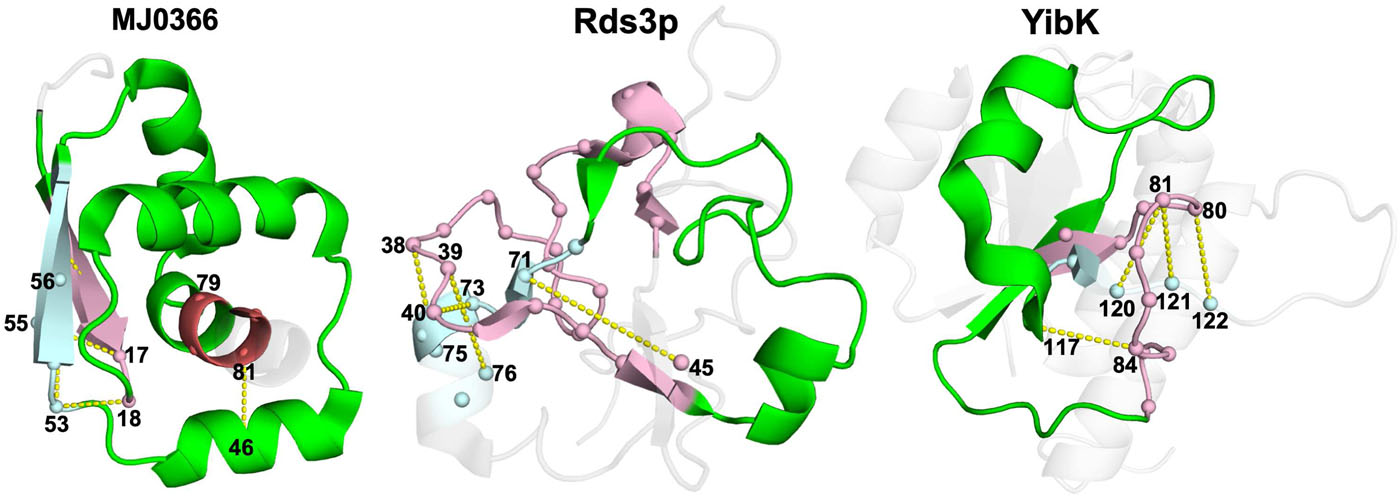Determining the role of non-native interactions in folding dynamics, kinetics, and mechanisms is a classic problem in protein folding. More recently, this question has witnessed a renewed interest in light of the hypothesis that knotted proteins require the assistance of non-native interactions to fold efficiently. Here, we conduct extensive equilibrium and kinetic Monte Carlo simulations of a simple off-lattice C-alpha model to explore the role of non-native interactions in the thermodynamics and kinetics of three proteins embedding a trefoil knot in their native structure. We find that equilibrium knotted conformations are stabilized by non-native interactions that are non-local, and proximal to native ones, thus enhancing them. Additionally, non-native interactions increase the knotting frequency at high temperatures, and in partially folded conformations below the transition temperatures. Although non-native interactions clearly enhance the efficiency of transition from an unfolded conformation to a partially folded knotted one, they are not required to efficiently fold a knotted protein. Indeed, a native-centric interaction potential drives the most efficient folding transition, provided that the simulation temperature is well below the transition temperature of the considered model system.
Download a copy of the manuscript

